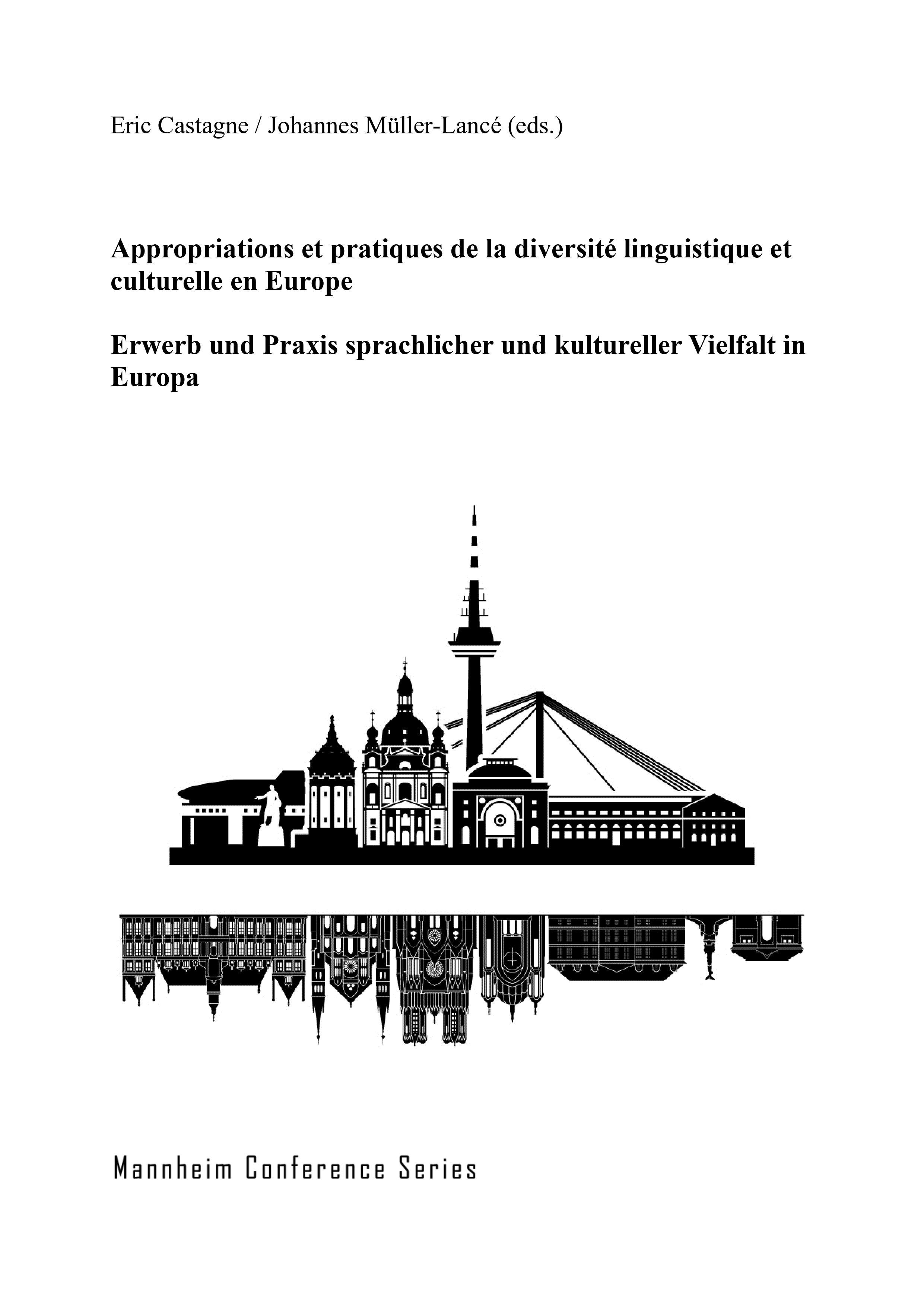Plurilinguale Schulprogramme: ein Garant für „plurale Identitäten“ und „Multiliteracies“? Eine Pilotstudie am Deutsch-Französischen Gymnasium Freiburg
Hauptsächlicher Artikelinhalt
Abstract
A large body of research tends to show that plurilingual school programs contribute to the development of positive multiple identities and the promotion of literacy and
multilingual skills. This paper presents a pilot study in mixed-method design that aims to contribute to the clarification of these questions. In this study, students of the German-French Gymnasium in Freiburg were interviewed in a quantitative questionnaire about their linguistic and cultural identification and self-assessment of their linguistic competencies. Subsequently, a sub-sample was used to conduct a qualitative survey on, among other things, identity perception, translanguaging, and the factors considered significant for this development. Finally, text products of these subjects were tested for actual literary competencies.
The results provide first indications that the school model could have effects on identity perception. Furthermore, the metalinguistic awareness of the students concerning their plurilingual competences seems to be quite developed in the oral field. However, this finding could not be confirmed for the writing competencies: Here, according to the results of this pilot study, the multiliteracy or metalinguistic awareness seemed to be not particularly developed in the tested population.


